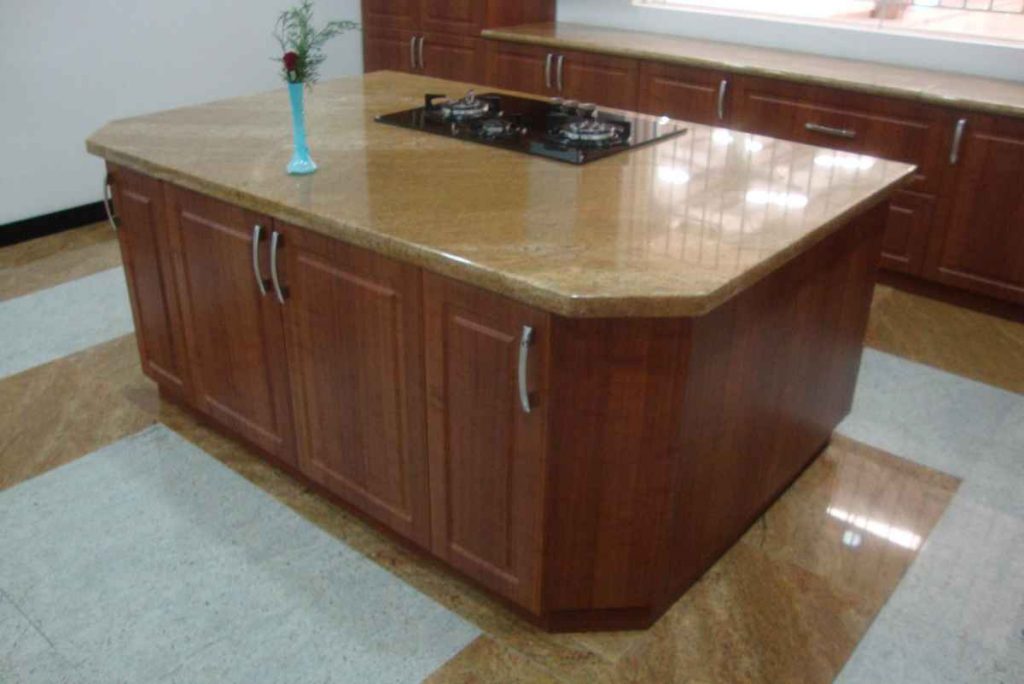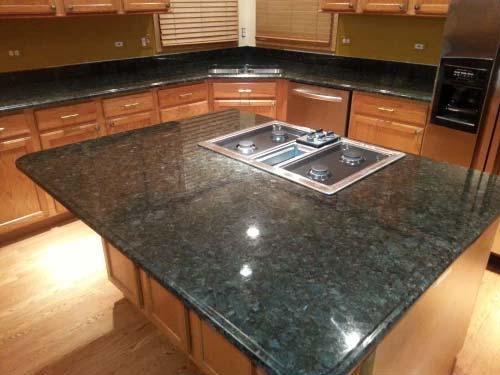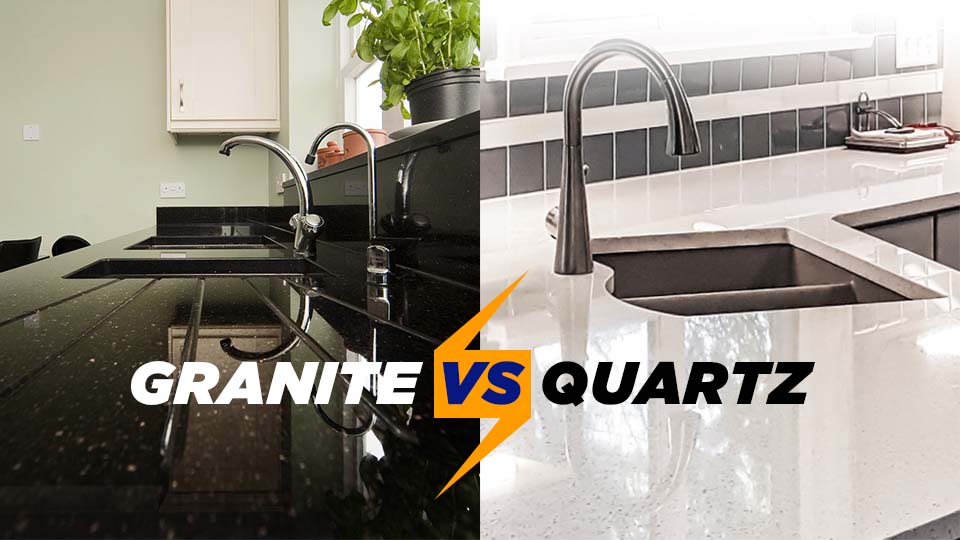Blog
Heat Resistance of Granite Countertops – Things To Know
Even though granite slabs are quite heat resistant, countertops are highly likely to get damaged. Without knowing the maximum heat range they can tolerate, you don’t want to test their resilience to temperature. There are numerous things to think about before you place that hot skillet directly on your granite.
Granite countertop surfaces are very strong and can take lots of heat. Stones made by cooling lava or melted rock like granite are used for surfaces, like worktops. Granite is a tough and firm material that can last through lots of use. Many kitchens have granite worktops as they don’t get burnt or damaged at high heat. It means you don’t have to worry about your pots or pans getting too hot on the stove and causing harm to the worktop.
Granite and Its Resistance To Extreme Heat
Granite is considered a type of igneous rock that emerges as the outcome of a process of high levels of heating and rapid cooling. Granite comes with a distinctive composition that makes it highly resistant to heat-related damage. Granite does not melt, not even in direct sunlight.
Granite is one of the longest-lasting countertop materials. Under normal conditions, heat cannot harm granite countertops.
Up to 480 degrees Fahrenheit, granite counters can withstand high temperatures. To prevent potential damage, avoid placing anything cold immediately after placing something hot on a granite counter area.


Variation in Granite’s Heat Resistance Properties
Granite countertops are primarily known for their resilience to high levels of heat in addition to their durability. It is generally found that they show no signs of damage with temperatures as high as 800 degrees Fahrenheit. However, this is not true in every case. There is a boundary to how much heat granite countertops can bear before they start to fracture and break.
For example, a 3/8-inch-thick granite countertop is found to withstand just nearly 1,000 degrees Fahrenheit. Before starting any renovations, like cooking on them or even putting in an oven, both homeowners and builders should be aware of the limitations of their granite worktops.
Application of Granite in Kitchens
Granite often has a very high heat resistance. This natural stone is an ideal option for any kitchen surface as it can survive temperatures as high as 250°C. Heat tends to do any kind of harm to a granite countertop if it is exposed to extremely temperate temperatures for a lengthy time period. The granite would turn a bit softer due to side-effect of the damage, which would lead to discoloration.
Pots and kitchen utensils used in daily kitchen works, such as over-based banking or gas stove cooking, do not result in very high temperatures that would be enough to do harm to the granite. Even after this, recurrent exposure to heat may lead to the detachment of the sealant coating engulfing the granite, making it highly susceptible to stains in the future. The best way out of this is to take superior levels of care of your granite and get it resealed every few years, given the exact level of usage it encounters.
Granite’s Exposure To Strong Temperature Changes
Introducing significant temperature changes into your granite can also cause harm to your countertops.
For instance, if you use your granite countertops outside, they will be exposed to strong summer heat and bitterly severe winter temperatures. There’s a potential that the granite will deteriorate and eventually reveal symptoms of granite because it was placed in such disparate settings.
That being said, if you intend to utilize granite outside, it is advised that you choose a certain variety of granite.
Compared to regular granite, high density granite can endure harsher environments and is therefore far more appropriate for outdoor application.
Granite Vs. Quartz Heat Resistance
Although quartz and granite are both common materials for kitchen countertops, granite is somewhat more heat resistant than quartz. Quartz countertops are engineered stone materials that are primarily composed of the extremely hard mineral quartz, together with colors and resins. Quartz counters are more vulnerable to heat-related damage from hot pots and pans since these resins are not as heat resistant as granite.

